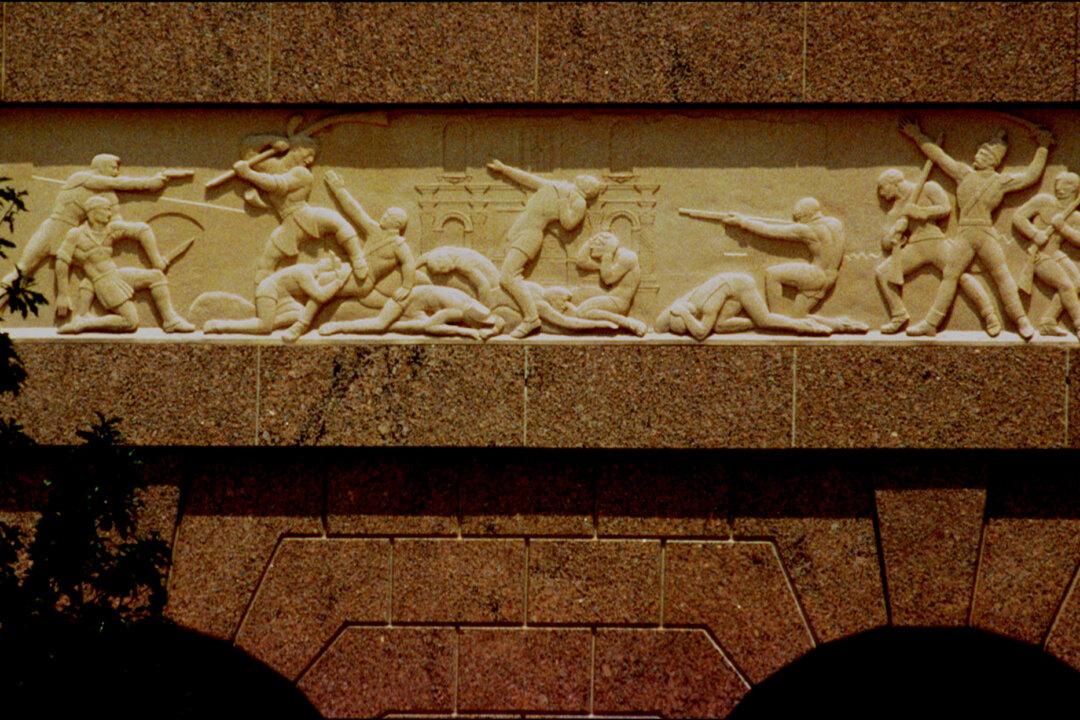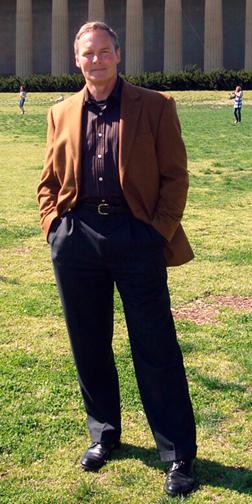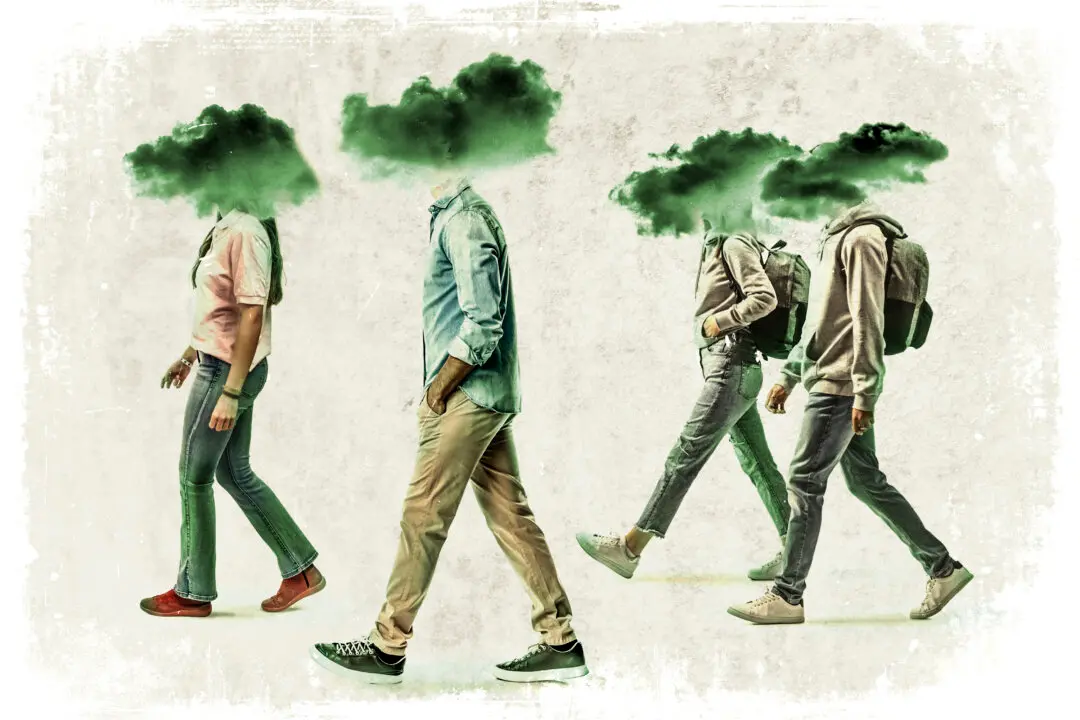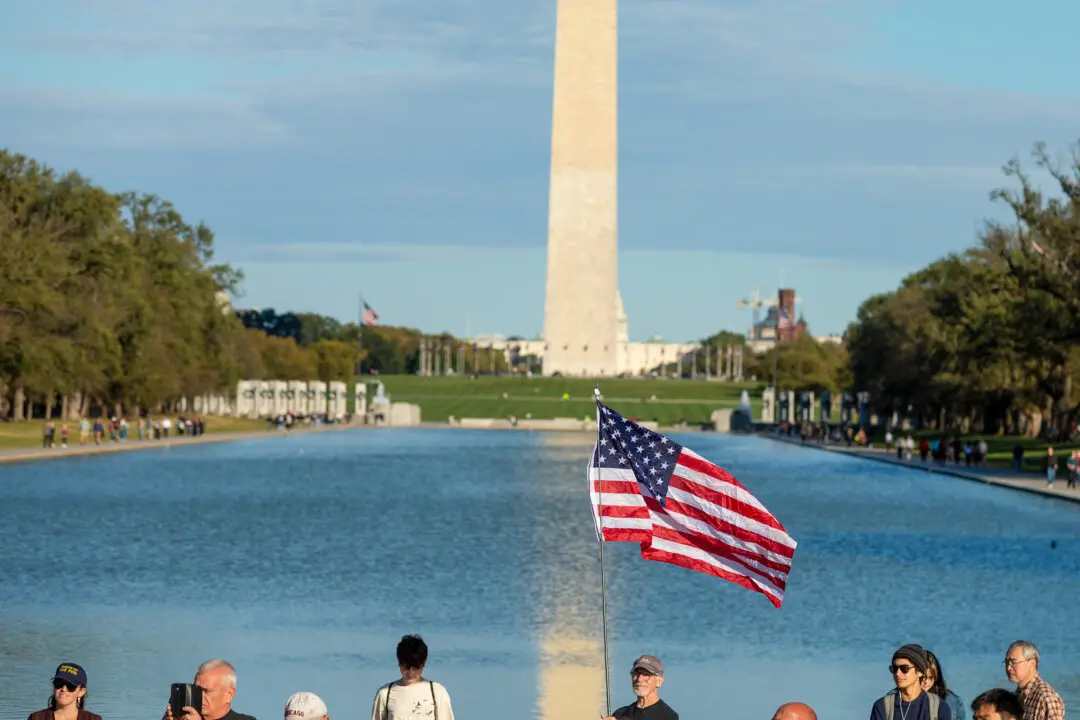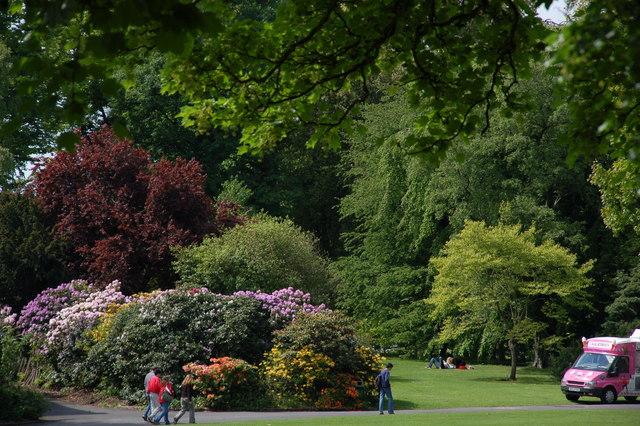A classical architect, sculptor, painter, and poet, Michael Curtis is, in no uncertain terms, a Renaissance man. He has taught and lectured at universities, colleges, and museums, including the Institute of Classical Architecture & Art and the National Gallery of Art.
His paintings and statues are housed in over 400 private and public collections, including the Library of Congress and the Supreme Court. Perhaps his most interesting recent endeavor has been as lead designer for the 58-square-mile mega resort AEGEA, to be built in North Palm Beach, Florida.
What does this fount of classical aesthetic wisdom have to say for himself? I just had to find out.
Evan Mantyk: In addition to being a classical poet, you have a deep background in classical arts, such as architecture, sculpture, and engraving. In a world seemingly awash in modern arts, what is the value of traditional poetry and art?
